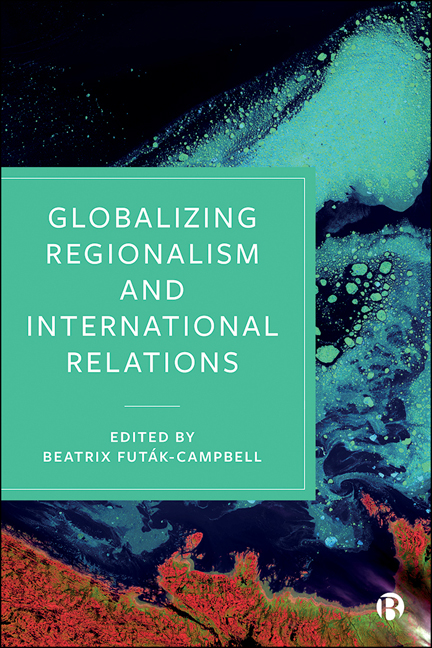7 - Is There Such a Thing as a Confucianist Chinese Foreign Policy? A Case Study of the Belt and Road Initiative
Published online by Cambridge University Press: 21 December 2021
Summary
Introduction
China's role in the international order has been changing in the past 50 years; the country has gone from being a non-power, to a regional power (Fitzgerald, 1955: 114, 118), to an emerging global power, to having the second largest economy in the world and ambitions to be considered as a great power. Since Deng Xiaoping's decision to reform and open up the Chinese economy, subsequent leaders have looked to establish China's place within the international order but also within the regional order. As Rebecca E. Karl (1998: 1118) reflects, ‘Asianism … has been a recurrent theme of the twentieth-century Chinese (and “Asian”) history’. The concept of Asia, according to Karl, has changed over time from cultural debates in the 1930s linking India and China's Eastern spirituality and pitting it against Western materialism, to Pan-Asianism (as in Sino-Japanese sameness) advocated by, for example, Wang Jingwei to justify his collaboration with the Japanese during their occupation of China in the 1940s and to Mao Zedong's Third Worldism rhetoric. For our argument, however, the most intriguing is China's support of the so-called ‘Confucian capitalist network’. According to Dirlik (1997), this phenomenon is best viewed as a manifestation of East Asia's global postcolonial discourse and the postcolonial revival of the native pasts, which simultaneously contests a Eurocentric global order (Dirlik, 1995: 230). Therefore, considering Pan-Asianism (or Asian regionalism with inherent Asian values) as a constant, stable, ahistorical unit of analysis is problematic. What is more, East Asia as a region is infused with the core values of Confucius philosophy (Shin, 2012: 3).
For China, the 2008 Beijing Olympics demonstrated a rediscovered national pride and China's return as a global actor. It also reiterated the role Confucianism played in this narrative (Cohen, 2007). During the opening ceremony of the Beijing Olympics, over 2,000 voices chanted the Confucian saying, ‘You Peng zi yuan fang lai, bu yi le hu?’ (有朋自 远方来, 不亦乐乎/To have friends come from afar is happiness, is it not?), to the beat of drums from the Xia (夏) Dynasty (China Daily, 2008). Although China's Confucian revival began gradually during the presidency of Hu Jintao, references to Confucius philosophy accelerated under the presidency of Xi Jinping (The Economist, 2015).
- Type
- Chapter
- Information
- Globalizing Regionalism and International Relations , pp. 153 - 180Publisher: Bristol University PressPrint publication year: 2021



